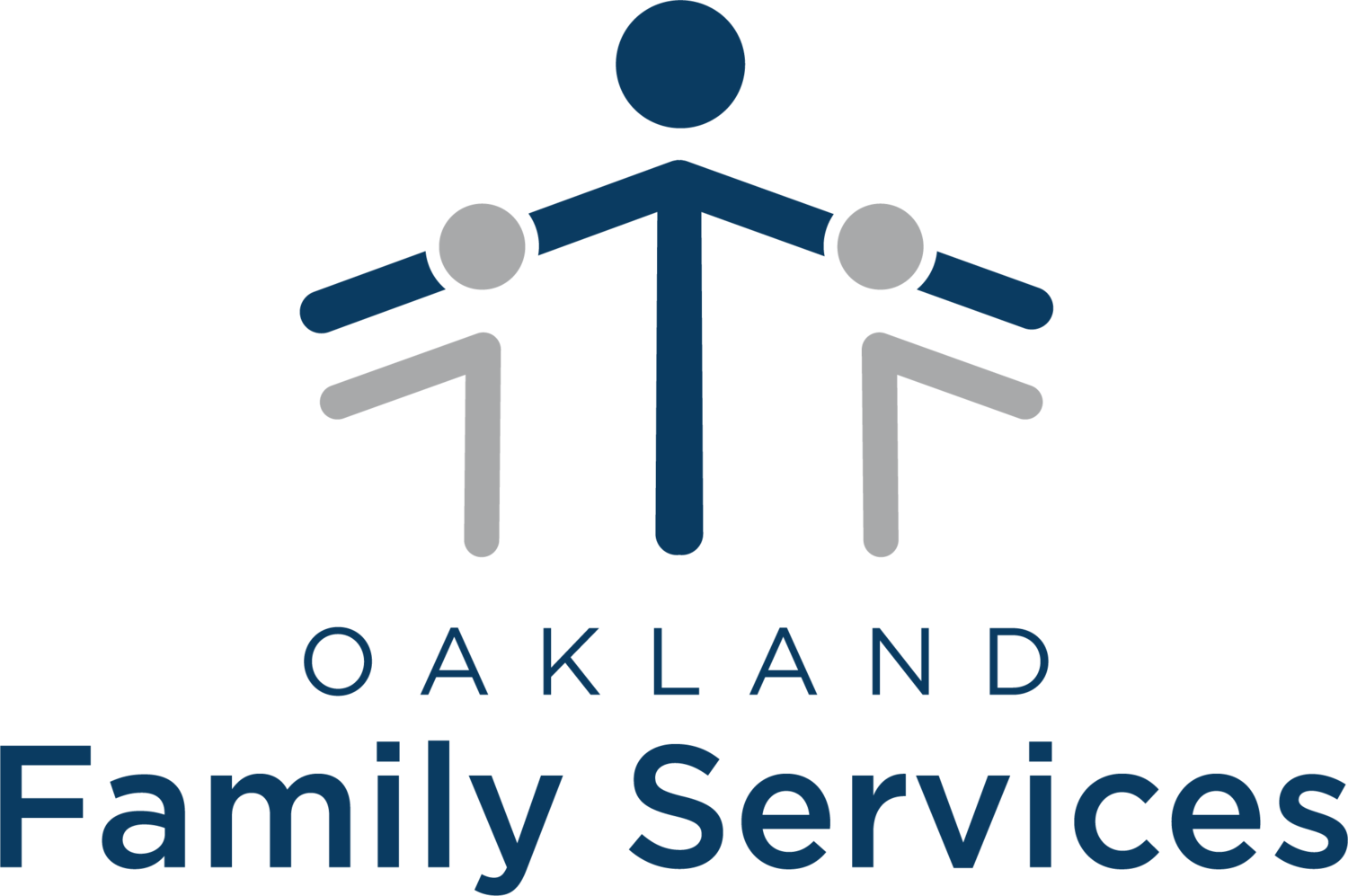A Therapist’s Guide to Achieving Your New Year's Resolution
As we stand on the cusp of a new year, eagerly embracing the promise of fresh beginnings, let's talk about resolutions. Amy Hostinsky, a Clinical Supervisor for Day One at Oakland Family Services and advocate for positive change, shares valuable tips for achieving personal growth in 2024.
Choosing a Resolution
Resolutions don’t have to impose lofty ideals—they can simply guide daily choices that shape well-being. People often strive to become healthier in the new year.
"In thinking about our health," Amy advises, "we can schedule time to work out, make doctor appointments, or cut back on certain habits." This reframing turns resolutions from daunting tasks into manageable, concrete steps toward a healthier self.
"When thinking about new year’s resolutions, it helps to think about SMART Goals. This will allow your resolutions to be achievable and help you keep track of your progress,” says Amy. The acronym ‘SMART’ stands for Specific, Measurable, Achievable, Relevant, and Time-Bound. It's not about vague aspirations; it's about crafting a roadmap for success.
For example, if your goal is to eat healthier in 2024, consider the following:
Specific
What defines a healthy diet for you? Are there certain food groups you’d like to incorporate into your diet or cut back on?Measurable
What metrics will guide your journey? Will you aim to increase your water intake by a number of daily glasses? Do you want to allow yourself one soda per day instead of two?Achievable
How will you make your goal sustainable? If you have a sweet tooth, can you find ways to satisfy your cravings while still working towards your resolution?Relevant
Why do you want to eat healthier? What will inspire you to keep going? Do you hope to gain energy to keep up with your toddler?Time-Bound
Is there a schedule or routine that will help you be successful? Will you plan out your meals for the week ahead every Sunday?
Staying Accountable
New year’s resolutions, like any goal, require accountability. Once you have a plan, what will inspire you to stick to it?
Amy suggests seeking peer support. "Talk to someone about your resolutions," she prompts, "whether that be a therapist, family member, friend, or co-worker.” Knowing that someone is rooting for you can help you remain dedicated.
If you don’t feel comfortable sharing your progress, there are other ways you can hold yourself accountable. Writing down your goals and checking them off can help you feel good about your accomplishments. Keep your list in a place where you see it every day.
Implementing a self-reward system can also be motivating. Perhaps you treat yourself to something enjoyable each time you meet a designated milestone.
Giving Yourself Grace
Amy raises a cautionary flag against the pitfalls of massive ambitions. "If we put too much pressure on ourselves—if we think too big—our resolution might become overwhelming and not seem attainable," she notes. It's a reminder that resolutions, like delicate plants, need nurturing rather than forceful demands.
For those moments when the journey becomes daunting, give yourself grace. In fact, researchers suggest only 9% of Americans that make new year’s resolutions complete them.
The statistics might indicate a rocky path, but it's essential to celebrate progress, however small. Acknowledge that setbacks are part of the transformative process.
Finding Support
If you’re looking for extra help when it comes to self-growth and habit adjustments, therapy can help you tackle challenges of all sizes.
“Therapy is a space to help you learn about what your goals are in a safe, non-judgmental environment,” says Amy. “Therapy can provide you with coping skills to make changes in your life and help you manage distress when you face an obstacle. Therapy can help you move forward.”
Day One is Oakland Family Services' mental health and substance use counseling program. We offer caring, confidential, research-based therapy for people of all ages.

